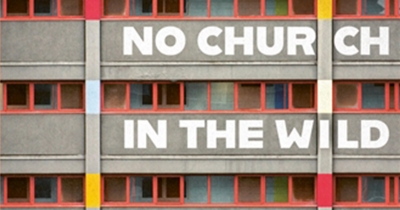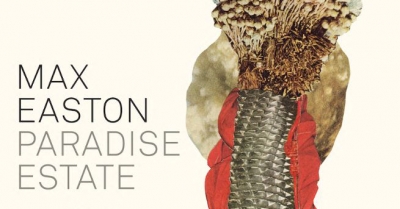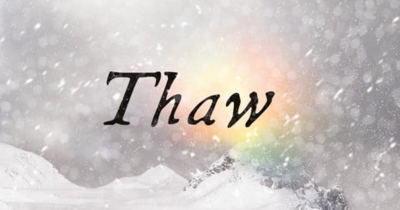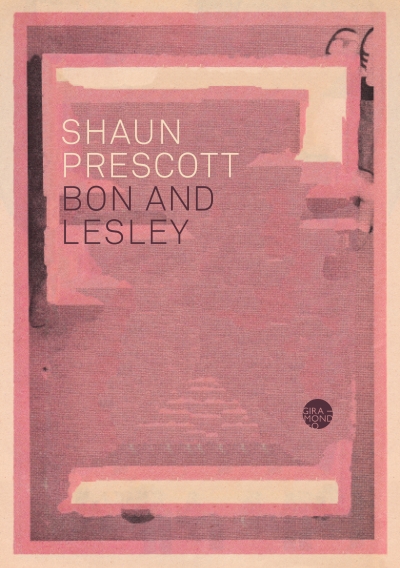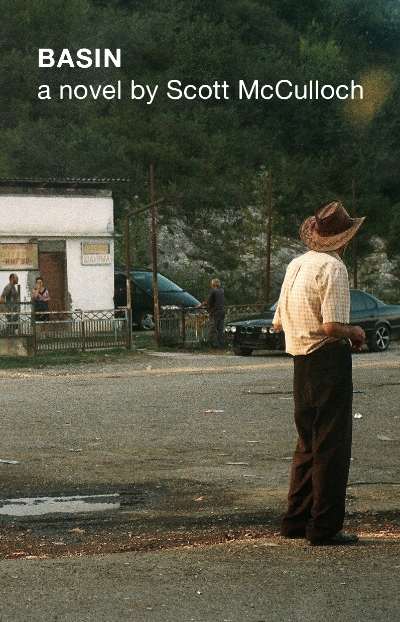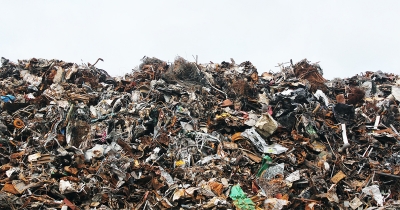On the surface, Scott McCulloch’s début novel, Basin, takes place in a brutal and degenerated landscape; the edge of a former empire in a state of violent flux. Rebels, separatists, terrorists, paramilitary groups, and the remnants of imperial forces clash over borders and interzones in the wake of the ‘Collapse’, an undefined geopolitical and ecological disaster. Print and broadcast media warn of inter-ethnic conflict and Rebel advances. Bazaars, brothels, and a chain of Poseidon Hotels all operate amid industrial waste and military checkpoints, servicing the region’s fishermen, soldiers, smugglers, and drifters. There is a multiplicity of language and religion (Abrahamic denominations mingle with archaic, pagan beliefs). Alcohol consumption and illicit drug use are rife. The climate is oppressively humid.
...
(read more)

